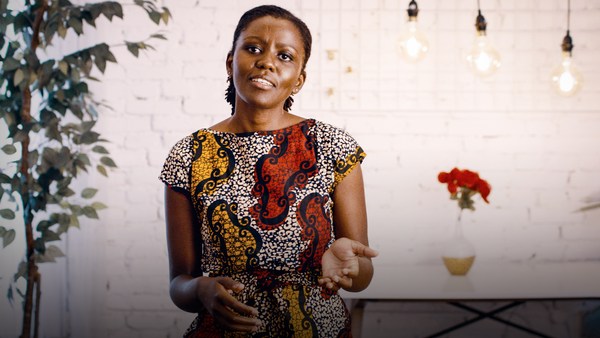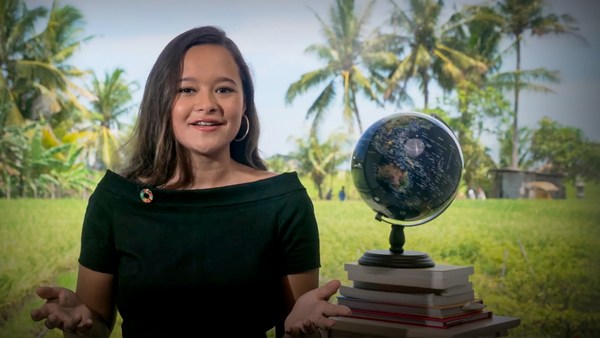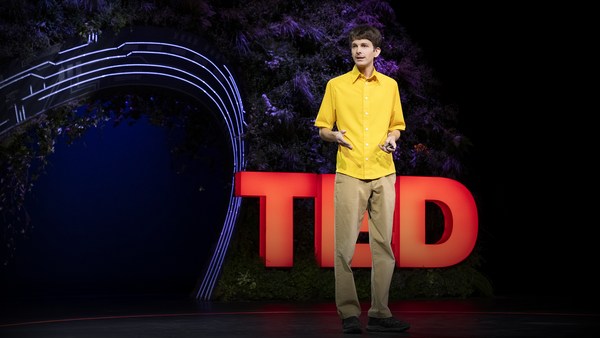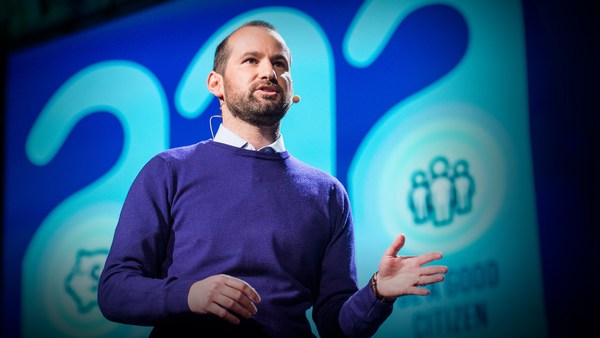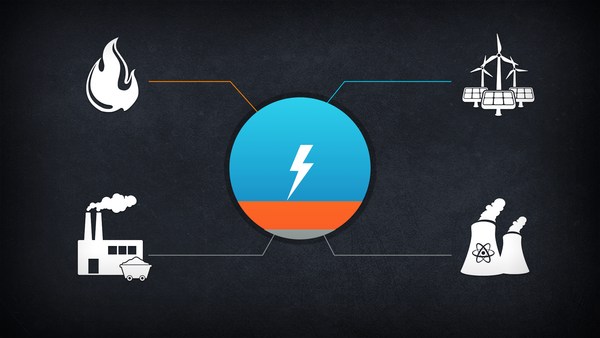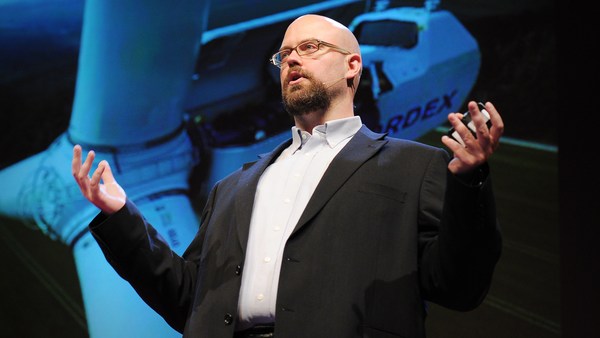About 600 million people in Africa still don’t have reliable access to electricity, and energy shortages are still a part of daily life. Africa needs energy. A lot of energy. But the question is: What kind of energy?
I want to tell you a story. My name is Chibeze Ezekiel and I work at the Strategic Youth Network for Development. In 2013, the government of my country, Ghana, began consultations to construct a coal plant, a 700-megawatt coal plant, meant to be sited at Ekumfi District, a coastal fishing community in the central region of Ghana. It would have required a 1.5-billion US dollar loan from the China African Development [Fund]. And because Ghana has no coal reserves, the project made a provision to import two million tons of coal annually from South Africa.
So I ask again, Ghana and Africa need energy. But what kind of energy?
In Africa, job creation and economic opportunities are the priority, and those were the same arguments that were made by those who were in support of the project. They claimed that the project of the coal plant would have created jobs for the local youth and also expanded the economy of the country.
But we know that coal is the most polluting form of power generation. We are also aware that from a purely economic point of view, coal is cheap. But that is only true when we ignore the noneconomic impact of coal. Talk about waste water, fly ash, emissions of sulfur and mercury, which would have posed serious health and environmental risk to the Ekumfi population.
In our part of the world, we have people who depend on water bodies, for bathing, for cooking, for washing and even for drinking. So what this means is that it's going to have a devastating impact on their source of livelihood and their life as a whole. So this shows that the adverse impact of coal far outweighs the economic benefit.
Ghana and Africa need energy, but we don't want coal to be that energy. We managed to shut down the coal plant. And we didn't want coal to be part of the country's energy system. But it did take a bit of fighting.
When we learned of the plan to build a coal plant, we began engaging the local communities. We took an approach known as the “submarine approach.” So basically, what that means is that we never wanted it on social media, we didn't go publicly, we didn’t engage in media on our reservations. We spent days with the people in our community, talking to the chiefs, the elders, the women groups, the youth networks, to inquire from them whether they have all the necessary knowledge about the coal plant because it is our right to have adequate information. And that is what we did. We brought them information about the negative impact of coal in other countries. We also had to assure them that the jobs being promised to them do not guarantee long-term benefits. We also sought their input in our advocacy campaign.
In our engagement with the local communities, we realized that most of them were not even aware of the consequences of the coal plant. They had been assured by the promoters that the plant will be clean and safe for residents. Others also had their own reservations but didn't know who to channel them to. We teamed up with other NGOs working in the environmental sector.
It was only when local community got well-informed about the plant, to challenge the promoter’s claim, that gave us a time to bring out the “submarine approach.” That was when we began social media campaigns, organized press conferences and did a lot of media engagement to also share our views against the coal plant. We also accompanied our campaign against [the] coal plant with the need for renewable energy.
And I must say that I was very surprised when the government of Ghana chose to back down on the construction of the coal plant, having heard our concerns and voices of the local communities. Indeed, the then-Minister of Environment at a press conference announced that Ghana is not going to build a coal plant, having signed the Paris Climate Agreement. In 2019, [the] government released our renewable energy master plan, which shows a very comprehensive plan on the development of renewable energy in Ghana. Among others, the plant seeks to increase by 30 times our renewable energy development by 2030, and also create more than 200,000 jobs by 2030.
Some countries have shut down, or are planning to shut down, their coal plants., Others are frantically planning to build coal plants. Once a coal plant is built, it becomes part of the energy system for decades. But our experience shows that resistance is possible. How? By bringing into the conversation the adverse impacts and externalities of coal plants. Secondly, also by providing clean alternatives, and more importantly, by involving the local communities -- because they’re the first to be impacted, and they must also have a seat in the conversation.
In the last decade, technology has moved at a fast pace. It has lowered its costs dramatically. Africa can, and must, develop with all the energy it requires without incurring the disastrous impact of coal, i.e. health and environmental consequences. Development and clean, breathable air must not be mutually exclusive.
Thank you.
